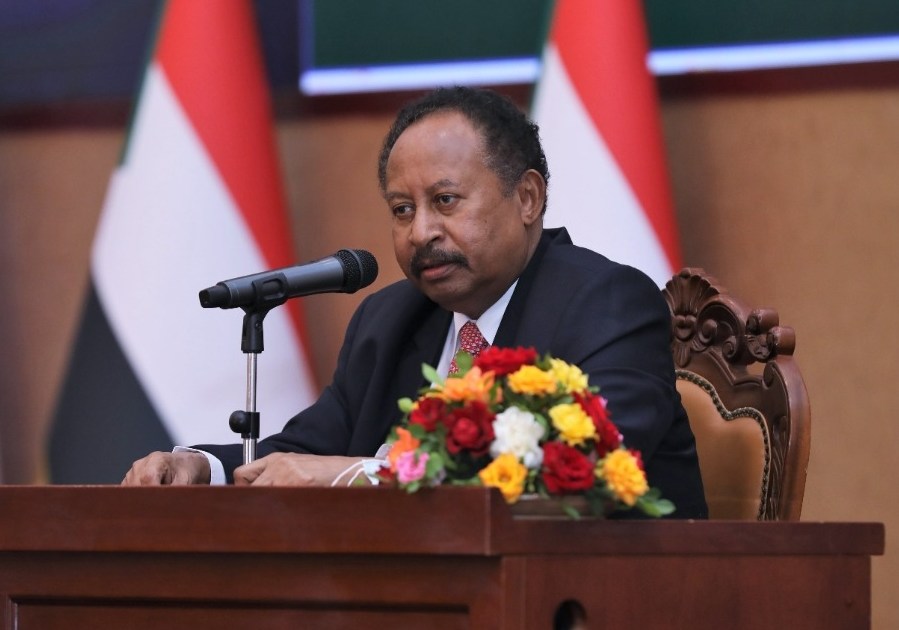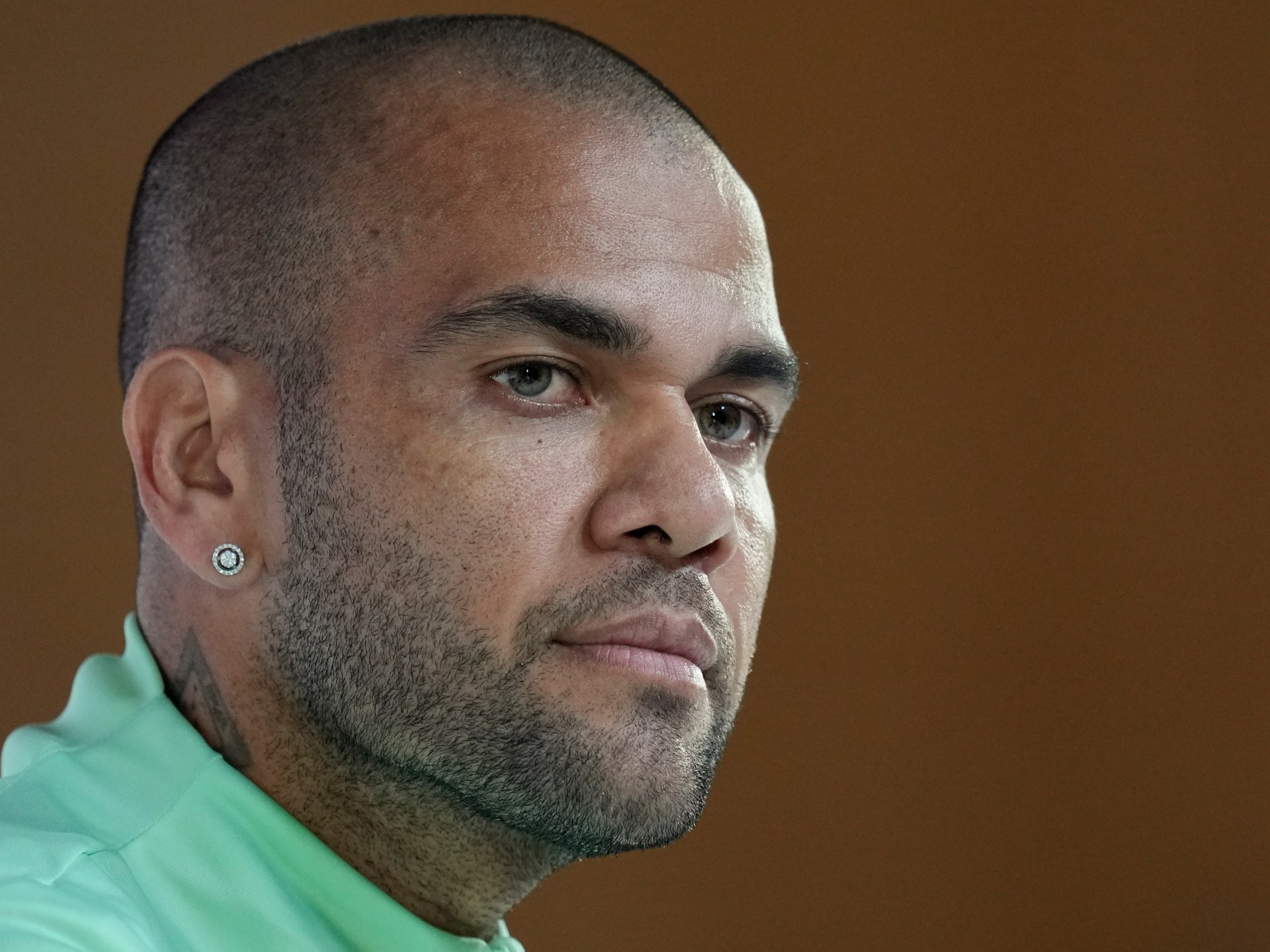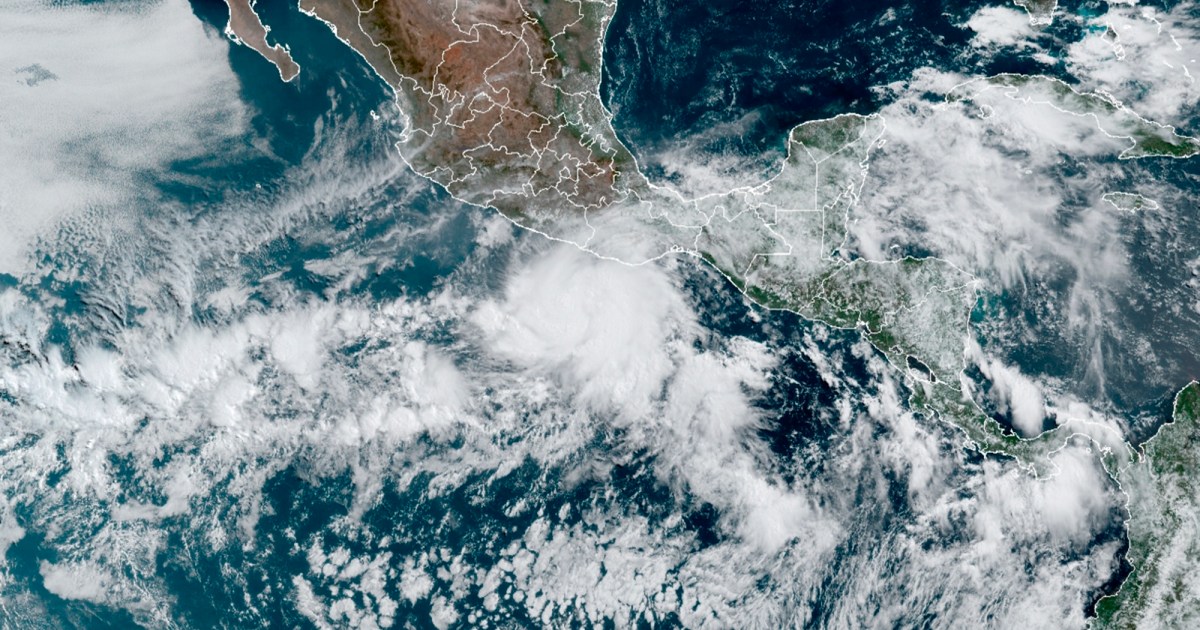Profile: Abdalla Hamdok, Sudan’s outgoing civilian leader | News
Abdalla Hamdok, prime minister of Sudan’s fragile transition to civilian rule who was overthrown in an October coup, then reinstated a month later, resigned on Sunday.
His resignation comes in the midst of rising violence – at least 57 protesters have been killed since the coup and hundreds wounded, according to medics – and accusations of “treachery”.
Hamdok had returned to government on November 21 under a deal signed with military leader General Abdel Fattah al-Burhan after weeks of house arrest, during which Sudan was rocked by mass protests against the military’s actions.
But pro-democracy protesters rejected the deal and tens of thousands took to the streets to denounce the military’s tightening grip on power.
In his televised resignation on Sunday, Hamdok said: “I tried my best to stop the country from sliding towards disaster” and cited “fragmentation of the political forces and conflicts between the [military and civilian] components of the transition”.
“Despite everything done to reach a consensus … it has not happened.”
So who is Abdalla Hamdok?
Seasoned technocrat
Born in 1956 in south-central Kordofan province, Hamdok has more than 30 years of experience as an economist and senior policy analyst specialising in development across Africa.
He holds a bachelor of science from the University of Khartoum and a doctorate in economics from the University of Manchester in the UK.
From 1981 to 1987, he was a senior official at Sudan’s Ministry of Finance and Economic Planning, before taking on a number of leadership roles at institutions including the African Development Bank and the International Labour Organization.
He last served as deputy executive secretary of the United Nations Economic Commission for Africa, a post he held since November 2011.
Hamdok emerged as Sudan’s civilian leader after a wave of unprecedented, youth-led protests brought down longtime ruler Omar al-Bashir, who was arrested by the military in April 2019.
Hamdok was outside Sudan and not directly involved in the protest movement, but the appointment of the technocrat was cheered by much of the population and international community.
His challenges were huge: political turmoil and economic crisis, shortages of basic commodities, and the need to rebuild a banking sector on the verge of collapse.
Hamdok drew on his experience in various African peace-building initiatives when Sudan signed a deal with rebel groups in October 2020 to end unrest in Sudan’s regions of Darfur, Kordofan and Blue Nile.
Faltering leader
Upon taking office, he said his priorities included solving the economic crisis, addressing the public debt burden, and achieving peace in a country long fractured by civil wars.
He quickly started talks with International Monetary Fund and World Bank to discuss restructuring Sudan’s debt.
He also opened talks with the United States to have Sudan removed from its list of “state sponsors of terrorism”, a designation that had isolated Sudan from the international financial system since 1993. Sudan was removed from the list in 2020.
On his watch, the IMF accepted Sudan into the Highly Indebted Poor Countries (HIPC) initiative based on the country’s commitment to macroeconomic reforms, putting Sudan on the path to relief on more than $56bn in debt and access to new funds.
The economic reforms he promoted included the removal of fuel subsidies – which cost several billion dollars a year – and the devaluation and floating of the currency. He also sought to bring under government control firms owned by the security forces.
‘High cost of the reforms’
A few weeks before he was removed from office on October 25, he acknowledged the hardship arising from the reforms but expressed hope that their positive impact would be felt on the ground very soon.
“The Sudanese people have borne a very high cost of the reforms and we cannot take their patience for granted,” he said.
Hamdok has time and again stated his firm support for Sudan’s transition to civilian-led rule. As tensions grew between the army and civilians in the power-sharing administration in September, Hamdok presented a roadmap out of the crisis.
His stance has won him support among the population. During rallies against the coup, protesters carried photos of Hamdok and hung banners featuring him from billboards.
After returning as prime minister under a deal he signed with al-Burhan, a move opposed by many protesters and political figures who had previously supported him, Hamdok said he had done so to halt bloodshed after several dozen civilians were killed during demonstrations.
In his televised statement on Sunday, Hamdok said Sudan needed to engage in a new dialogue to agree on a “national charter” and “draw a roadmap” to complete the transition to civilian rule.
He also warned that the political deadlock could become an existential crisis.
“Our nation is going through a dangerous turning point that could threaten its survival unless it is urgently rectified,” he said.




